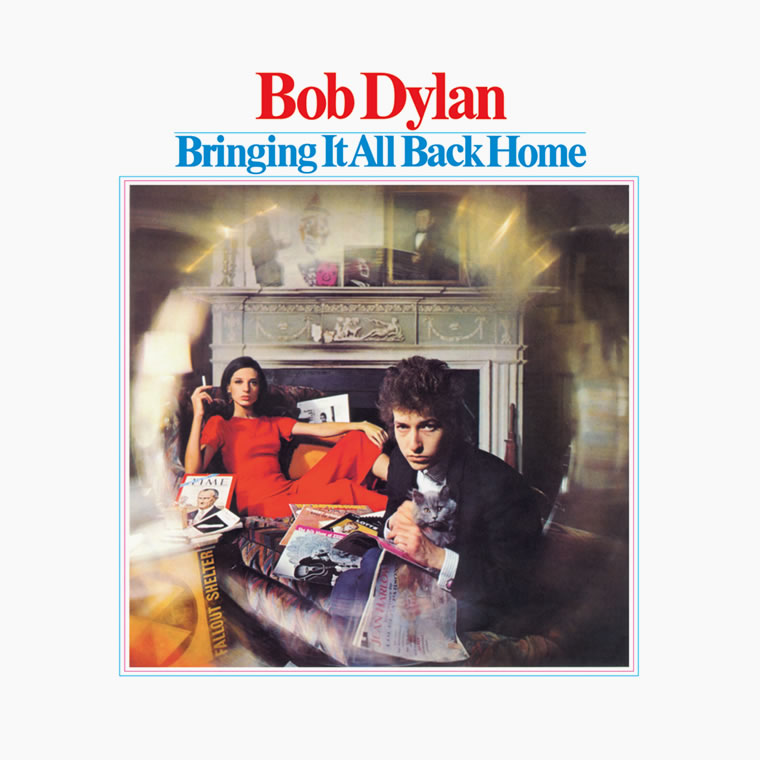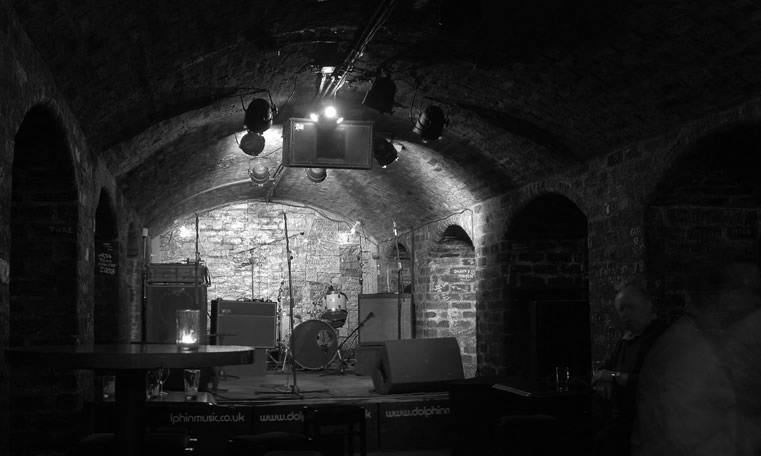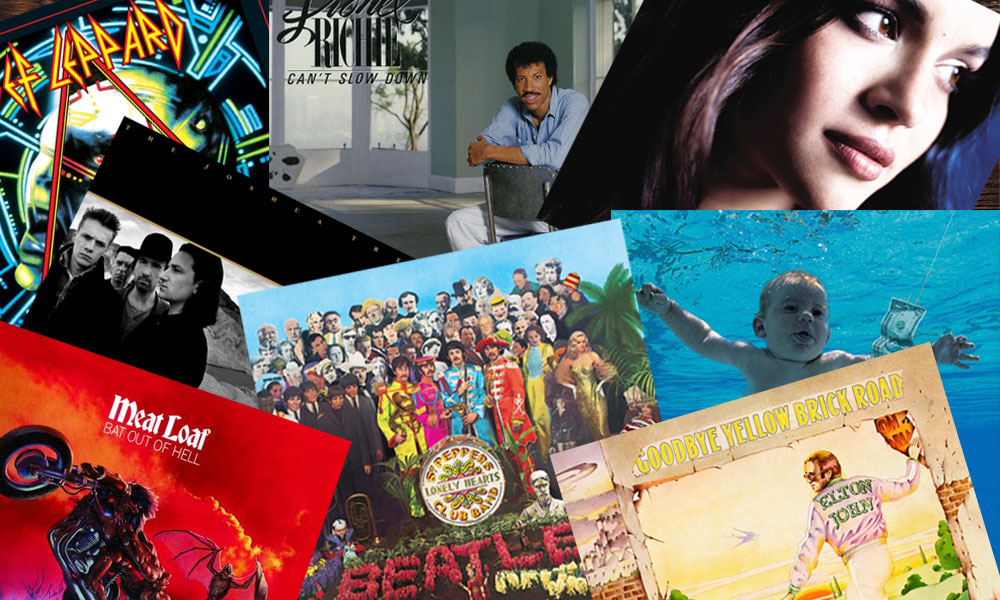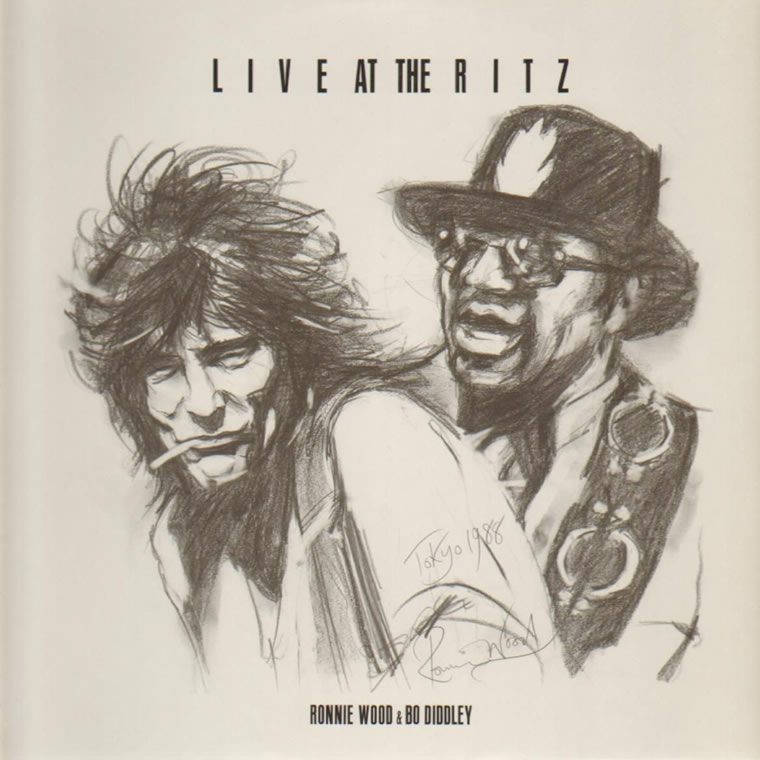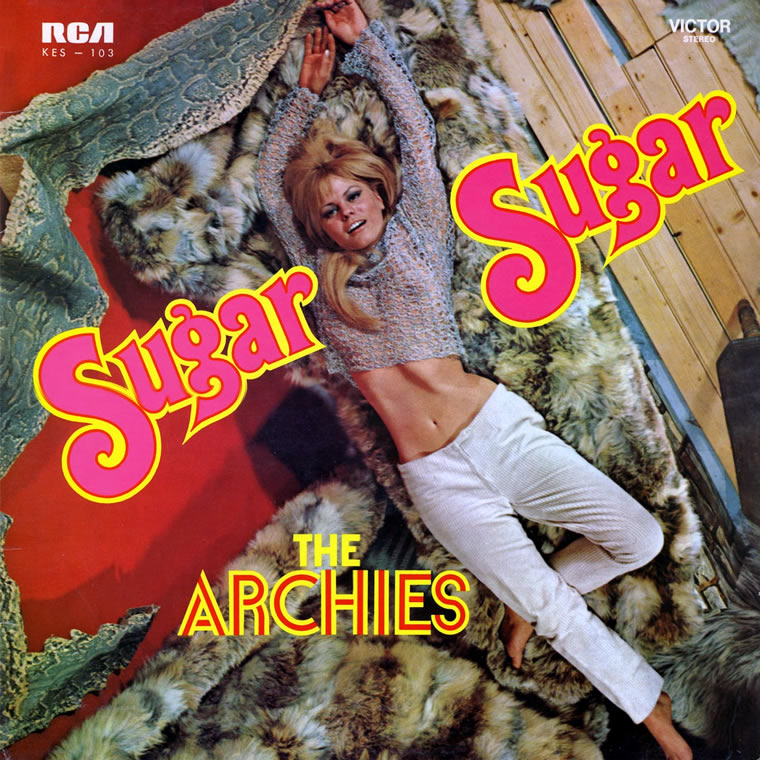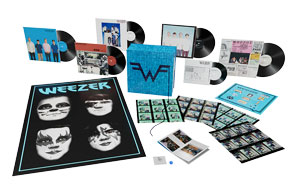Tears For Fears
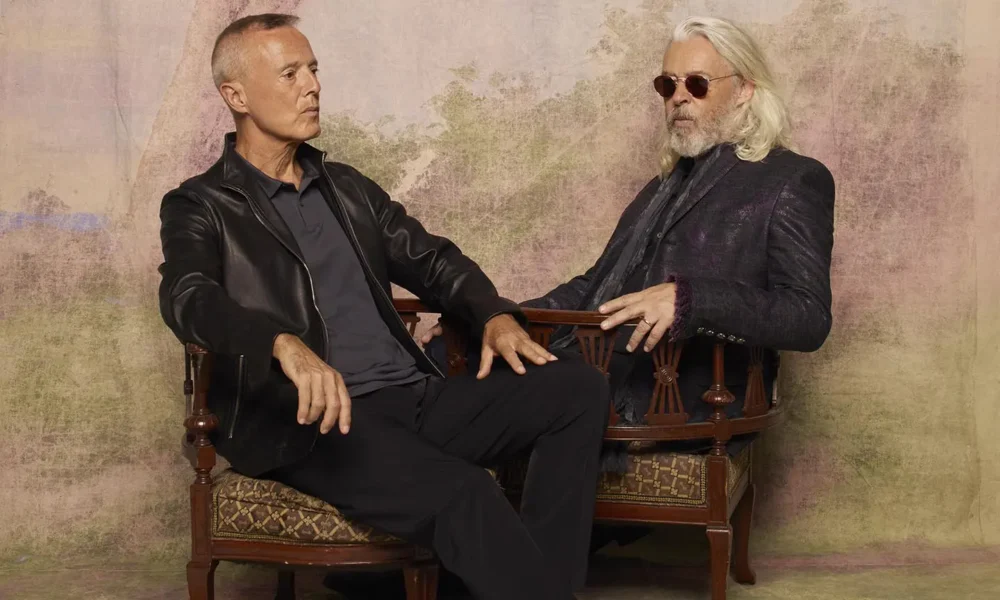

Tears for Fears were formed in Bath, England, in 1981 by Roland Orzabal and Curt Smith, founded after the dissolution of their first band, the mod-influenced Graduate. Tears for Fears were associated with the new wave synthesizer bands of the early 1980s. On the strength of the singles “Everybody Wants to Rule the World” and “Shout,” the records established the duo as one of the second-generation MTV stars’ leading acts.
Kurt Smith met Roland Orzabal when both were teenagers. They first formed a band in their teens, and Smith taught himself to play bass guitar. They next formed the ska-influenced band Graduate and released their sole studio album in 1980.
After Graduate broke up in 1981, Roland Orzabal and Curt Smith formed a band with the name History of Headaches. Both took an interest in the work of psychotherapist Arthur Janov and renamed the band Tears for Fears after a phrase from his book.
Their debut studio album, 1983’s The Hurting, reached no. 1 in the UK and produced three international hit singles “Mad World”, “Change”and “Pale Shelter”—each with lead vocals performed by Smith.
“Mad World” was originally written on acoustic guitar when Orzabal was 19 after being inspired to write a new wave song in the vein of Duran Duran‘s “Girls on Film”.
The duo’s second studio album Songs from the Big Chair (1985) hit number one in the United States and went multi-platinum. The album yielded hits including “Everybody Wants to Rule the World”, “Shout,” and “Head Over Heels”. “Shout” and “Everybody Wants to Rule the World” both topped the US Billboard Hot 100 and reached the top 5 of the UK Singles Chart.
The single “Everybody Wants to Rule the World” was an international success, the song peaked at number two in Ireland, Australia, and the United Kingdom and at number one in Canada, New Zealand, and on the US Billboard Hot 100. According to Joe Strummer (of The Clash) in a 1988 interview, he was in a restaurant and saw Orzabal, whereupon he told him that “you owe me a fiver”, explaining that the title of “Everybody Wants to Rule the World” was an exact lift of the first line of the middle eight in “Charlie Don’t Surf”, (a track on the 1980 Clash album Sandinista!) According to Strummer, Orzabal simply reached into his pocket and gave him a five-pound note, confirming that this had been the case.
Songs from the Big Chair was to be titled The Working Hour, but Roland Orzabal thought to change it to a title derived from the 1976 American television film Sybil about a woman with multiple personality disorder who only feels safe when sitting in her analyst’s “big chair.”
On 13 July 1985, Tears for Fears were scheduled to perform at JFK Stadium in Philadelphia for the Live Aid charity event. However, on the morning of the event, it was announced that the band (who had actually been billed to appear before they had even agreed to do so) had pulled out of the show.
The Seeds of Love, the third studio album, was released on 25 September 1989. It retained the band’s epic sound while incorporating influences ranging from jazz and soul to Beatlesque pop. Its lengthy production and scrapped recording sessions cost over £1 million. The album spawned the title hit single “Sowing the Seeds of Love”, as well as “Woman in Chains” and “Advice for the Young at Heart”, both of which reached the top 40 in several countries.
The song “Sowing the Seeds of Love” was written in June 1987, the same week as the UK general election in which Margaret Thatcher and the Conservative Party won a third consecutive term in office (reflected in the lyric “Politician granny with your high ideals, have you no idea how the majority feels?”).
When working on “Woman In Chains” Orzabal and Smith flew over to the US to track down a hotel lounge pianist/vocalist named Oleta Adams, whom they had seen playing in Kansas City during their 1985 American tour. Hoping she could add to the organic feel by bringing a soulful warmth to their music. They invited Adams to work with them on their new album. Adams would ultimately perform on three tracks (“Woman in Chains”, “Badman’s Song”, and “Standing on the Corner of the Third World”). Adams was offered a recording contract by the band’s record company Fontana. Portions of the studio cut of “Woman In Chains” feature Phil Collins on drums.
After the release of their third album, The Seeds of Love (1989), Smith and Orzabal split in 1991. Orzabal continued recording under the Tears for Fears name, releasing the albums Elemental (1993) and Raoul and the Kings of Spain (1995). Elemental was the first new Tears for Fears album in four years, and is essentially a solo effort by Roland Orzabal.
After The Seeds of Love, Orzabal and Smith had an acrimonious falling out and parted company in 1991. The split was blamed on Orzabal’s perfectionist approach to production and delays caused by Smith’s jetsetting lifestyle and desire to slow down the pace of their work (Smith was also going through a divorce at the time). Another factor in the break-up was the band’s manager, Paul King, who declared bankruptcy in 1990 and was later convicted of fraud in 2004.
After leaving Tears for Fears, Kurt Smith released his debut solo studio album, Soul on Board, in 1993. The album was unsuccessful in the UK, and was not released at all in the United States.
As a songwriter, Orzabal is a three-time Ivor Novello Award winner. His first award was in 1986 for “Songwriter of the Year” following the release of Tears for Fears’ second album Songs from the Big Chair.
A version of “Mad World” was recorded by Michael Andrews and Gary Jules for the film soundtrack Donnie Darko in 2001. Their version was released as a single in 2003 and became the Christmas number-one single in the UK that year, ultimately becoming the year’s biggest-selling single.
In 1982, Orzabal married Caroline Johnston, whom he had been dating since his teenage years. Caroline sang the child vocal on the Tears for Fears song “Suffer the Children” from the band’s debut album The Hurting. Caroline Orzabal died in July 2017 aged 54 after suffering from alcoholism-related dementia and cirrhosis, which came about after being diagnosed with depression.
Their seventh studio album The Tipping Point was released on 25 February 2022, the band’s first studio album since Everybody Loves a Happy Ending, released almost 18 years prior. The album was a critical and commercial success, giving the band their sixth UK Top-5 album and highest chart peak in 30 years when it debuted at number 2 on the UK Album Chart.
Important Dates In The Life Of Tears For Fears:
|
24
Jul
2017
Roland Orzabal's wife, Caroline died aged 54 after suffering from alcoholism-related dementia and cirrhosis, which came about after being diagnosed with depression. Caroline sang the child vocal on the Tears for Fears song 'Suffer the Children' from the band's debut album The Hurting.
|
|
21
Dec
2003
Michael Andrews feat Gary Jules went to No.1 on the UK singles chart with their version of the Tears For Fears song 'Mad World' The song took just 90 minutes to record in 2001 and was featured in the film Donnie Darko.
|
|
22
Mar
1992
Polygram Records officially announced that Tears For Fears had split up, Roland Orzabal continued using the name Tears For Fears. During their career they scored 15 UK Top 40 singles and two US No.1's. Re-formed in 2004.
|
|
3
Aug
1985
Tears For Fears started a three-week run at No.1 on the US singles chart with 'Shout', the duo's second US No.1. Released as the second single from their second studio album, Songs from the Big Chair (1985) the video for 'Shout' helped to establish Tears for Fears in North America due to its heavy airplay on the music video channel MTV.
|
|
8
Jun
1985
Tears For Fears started a two-week run at No.1 on the US singles chart with 'Everybody Wants To Rule The World', the group's first US No.1. In 1986, the song won Best Single at the Brit Awards. Band member and co-writer Roland Orzabal argued that the song deserved to win the Ivor Novello International Hit of the Year award, claiming that the winner, '19' by Paul Hardcastle - was not an actual song, but only a "dialogue collage."
|
|
7
Mar
1983
Tears for Fears released their debut studio album The Hurting which peaked at No. 1 on the UK Albums Chart. The album featured the singles 'Mad World', 'Change' and 'Pale Shelter' all of which reached the top five in the UK. In the Music Magazine NME Gavin Martin wrote a scathing review saying "This record and others like it are a terrible, useless sort of art that makes self-pity and futility a commercial proposition".
|


